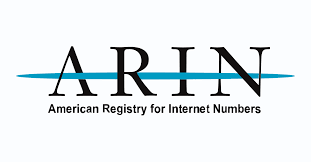Dutch authority opens DSA investigation into Roblox over child safety measures
The Dutch competition and consumer authority has launched an investigation into Roblox to assess whether the platform complies with EU rules on protecting minors online. The probe focuses on child safety obligations under the Digital Services Act.








